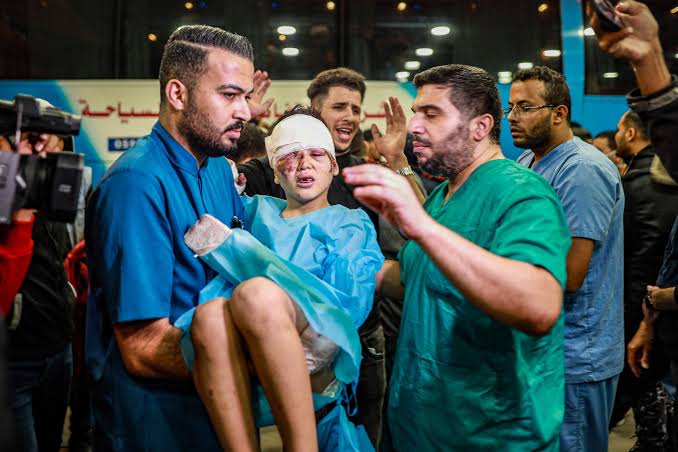Israel has reportedly proposed a one-week ceasefire in Gaza to Hamas, offering the release of 40 hostages, which include women, the elderly, and those in urgent medical need.
Qatari mediators are involved in presenting this deal to Hamas as reported by Axios.
Michael Herzog, Israeli Ambassador to the United States, acknowledges Israel’s readiness for a pause in fighting to maximise hostage releases but refrains from confirming a finalised deal.
“I think it’s premature to tell whether or not we have a deal because, until now, Hamas refused to do another deal,”
“They were hoping for a permanent ceasefire, but I hope that under the pressure of what we’re doing on the ground, plus the pressure from the Qataris, they will agree to do a deal, but it’s premature at this phase,” he said.
The ongoing diplomatic efforts occur amid a worsening humanitarian crisis in the Gaza strip.
According to the Hamas-controlled Ministry of Health, Israeli military actions in Gaza since October 7 have resulted in nearly 20,000 deaths and over 52,000 injuries.
Simultaneously, airstrikes have devastated much of northern Gaza, leading to the displacement of almost 1.9 million people, constituting more than 80 per cent of the enclave’s population, according to the United Nations.
Meanwhile, UNICEF spokesperson James Elder has expressed deep concern about the safety of children and families in Gaza’s hospitals.
“Over the past 48 hours, the largest remaining fully functioning hospital was shelled twice. That hospital–Al Nasser in Khan Younis–not only shelters large numbers of children who had already been badly injured in attacks on their homes, but hundreds of women and children seeking safety,” Elder said in Geneva on Tuesday after a recent visit to Gaza.
“And so where do children and their families go? They are not safe in hospitals. They are not safe in shelters. And they are certainly not safe in the so-called ‘safe’ zones,” CNN quoted Elder as saying.
He raised concerns about the deteriorating conditions in these safe zones, warning that they are becoming areas of disease due to the lack of water, sanitation, and shelter. If this situation persists, Elder cautioned that child deaths from disease could surpass those caused by bombardments.




































